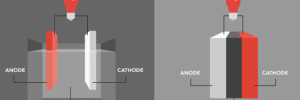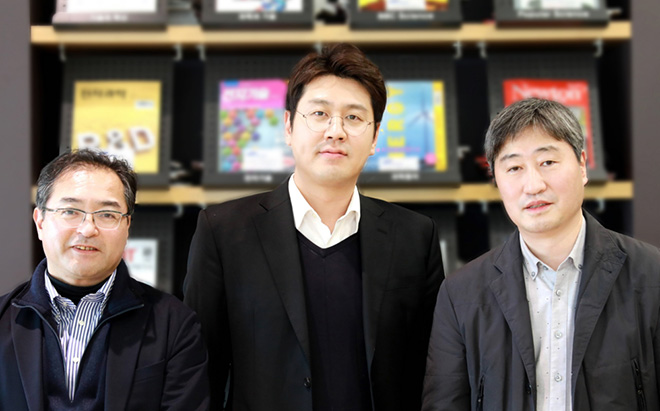
Researchers from the Samsung Advanced Institute of Technology (SAIT) and the Samsung R&D Institute Japan (SRJ) have published a study on high-performance, long-lasting all-solid-state batteries in the journal Nature Energy.
Compared to lithium-ion batteries, which employ volatile liquid electrolytes, all-solid-state batteries use non-volatile solid electrolytes that support greater energy density. However, their lithium metal anodes are prone to dendrites, which can produce undesirable side effects that reduce a battery’s lifespan and safety.
To overcome those effects, Samsung’s researchers proposed a silver-carbon (Ag-C) composite layer as the anode. The team says that incorporating an Ag-C layer into a prototype pouch cell enabled the battery to support a larger capacity and a longer cycle life while enhancing its overall safety. With a thickness of 5 µm, the ultrathin Ag-C nanocomposite layer reduced anode thickness and increased energy density up to 900 Wh/L. It also enabled the researchers to make their prototype approximately 50 percent smaller by volume than a conventional lithium-ion battery. The team says its prototype pouch could enable an EV to travel up to 800 km on a single charge, with a cycle life of over 1,000 charges.

“The product of this study could be a seed technology for safer, high-performance batteries of the future,” explained project leader Dongmin Im, Master at SAIT’s Next Generation Battery Lab. “Going forward, we will continue to develop and refine all-solid-state battery materials and manufacturing technologies to help take EV battery innovation to the next level.”
Source: Samsung
source https://chargedevs.com/newswire/samsung-researchers-describe-all-solid-state-battery/
No comments:
Post a Comment